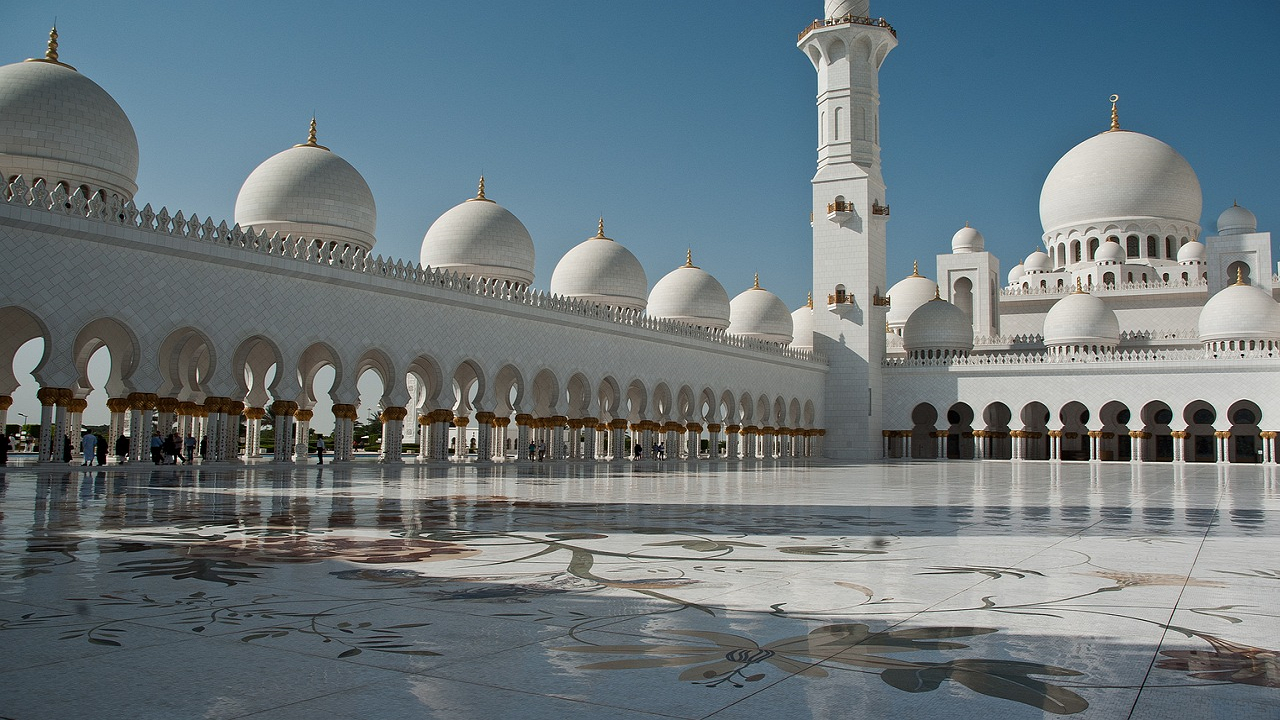
Eid ul Adha, also known as the Festival of Sacrifice, is one of the most significant religious celebrations observed by Muslims around the world. It commemorates the willingness of Prophet Ibrahim (Abraham) to sacrifice his son as an act of obedience to God. Eid ul Adha is a time of spiritual reflection, gratitude, and sharing with others.
Eid Ul Adha History:
The origins of Eid ul Adha can be traced back to the story of Prophet Ibrahim, as mentioned in the Quran and Islamic traditions. According to the narrative, Prophet Ibrahim received a command from God in a dream to sacrifice his son as a test of his devotion. Prophet Ibrahim, who was known for his unwavering faith, submitted to God's command and prepared to sacrifice his beloved son, Ismail (Ishmael).
However, as Prophet Ibrahim was about to carry out the sacrifice, God intervened and replaced Ismail with a ram. This act demonstrated Prophet Ibrahim's unwavering faith and willingness to submit to God's commands. It is this act of devotion and obedience that Muslims commemorate during Eid ul Adha.
Eid-Ul-Adha Celebration:
Eid ul Adha is celebrated on the 10th day of the Islamic month of Dhul Hijjah, following the completion of the Hajj pilgrimage to Mecca. The festivities typically last for three days, during which Muslims gather for communal prayers, engage in acts of charity, and share meals with family, friends, and the less fortunate.
The day begins with Muslims attending a special prayer called the Eid prayer, which is held in mosques or open grounds. After the prayer, people embrace and exchange greetings of "Eid Mubarak," meaning "Blessed Eid." It is customary for individuals to wear new clothes and adorn their homes with decorations.
A significant aspect of Eid ul Adha is the ritual sacrifice known as Qurbani. Muslims who can afford it sacrifice an animal, usually a goat, following the example set by Prophet Ibrahim. The meat from the sacrificed animal is divided into three parts: one-third is retained for the family, one-third is shared with relatives and friends, and one-third is given to the needy.
Some Famous Eid Ul Adha Quotes
-
Eid Mubarak! May the spirit of sacrifice and obedience bring you joy, peace, and blessings on this auspicious occasion.
-
On this blessed Eid, may your faith be strengthened, your heart be filled with gratitude, and your life be adorned with happiness and success.
-
As we celebrate Eid ul Adha, let us remember the essence of sacrifice and the importance of selflessness in our lives. Wishing you a blessed and joyous Eid.
-
May the divine blessings of Eid ul Adha fill your life with happiness, peace, and prosperity. Eid Mubarak!
-
Eid ul Adha teaches us the value of sacrifice and the significance of obedience. May this Eid inspire us to be better individuals and strengthen our bond with Allah.
-
On this beautiful occasion of Eid ul Adha, may your prayers be answered, your sacrifices be accepted, and your days be filled with joy and laughter.
-
Eid is not just about feasting and celebrations, but also about reflecting upon our deeds and seeking forgiveness. May this Eid be a turning point towards a righteous and blessed life.
-
Sending heartfelt wishes on Eid ul Adha. May this day bring you closer to your loved ones, fill your home with warmth, and fill your heart with contentment.
-
Let us embrace the spirit of unity, compassion, and generosity as we celebrate Eid ul Adha. May the blessings of this day be with you always.
-
Eid ul Adha is a reminder of Prophet Ibrahim's unwavering faith and his willingness to sacrifice. May we learn from his example and strive to be obedient servants of Allah. Eid Mubarak!











